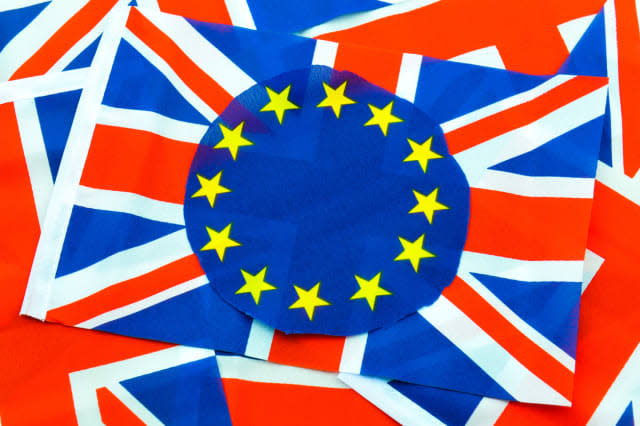Brexit: what would it mean for YOU?

On June 23, we must all decide whether to vote to stay in the European Union (EU) or not. The result will have a big impact on both the UK economy and your own personal finances.
Nobody knows exactly how Britain will be affected should we leave the EU, but there have been predictions from experts in various areas, including property, investments and employment.
Your money
Uncertainty about the future of the UK in Europe has taken its toll on the value of sterling. Against the euro, for example, the pound has fallen from a high of about €1.42 in November to about €1.29 today.
Currency experts believe that the pound will quickly rebound if Britons vote to stay in the EU, and fall further should we vote to leave.
An exit could therefore work in the favour of companies that export their goods. However, it could also make both filling up your car with petrol and your next holiday a lot more expensive.
Your job
Many people believe that an exit from the EU would harm the UK economy, particularly industries such as financial services and car manufacturing.
The heads of a number of big companies, including HBCS and Ryanair, have also warned against a no vote. If they are right, leaving the EU could therefore put your job at risk.
Employment rights that are governed by EU rules, such as the right to at least 20 days of paid holiday (plus bank holidays) a year, may also change – for better or for worse.
Your home
Chancellor George Osborne has warned that house prices could fall by up to 18% if we vote to leave.
Online estate agent eMoov agrees, predicting the average house price in the UK could fall by £11,000 should a UK exit from the EU become a reality.
Its founder Russell Quirk said: "It won't necessarily be Britain's exit from the EU that could cause prices to drop, but the uncertainty among homeowners and buyers as to what will happen next."
However, with the Bank of England now indicating that interest rates will remain low for some time to come, the ongoing availability of affordable mortgages should support the housing market.
Your savings and investments
We could see considerable stock market volatility should the UK vote to leave the EU. But experts are warning investors not to make any snap decisions.
Mark Dampier at adviser Hargreaves Lansdown said: "There will be a currency reaction whatever happens. But investors should really be looking at the long term, rather than trying to be too clever."
When it comes to savings, meanwhile, the Bank of England has confirmed that, whatever happens in the referendum, you will continue to receive the same level of protection from the Financial Services Compensation Scheme - £75,000 per saver - should your bank or building society go bust.




